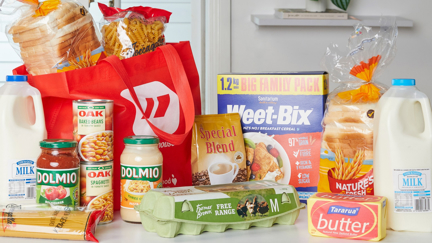John Cowan - Cannibal Kids
- Publish date
- Thursday, 24 May 2018, 9:41AM

Your toddler went through a lot of grief to get that set of teeth, and now that he has them he wants to use them. They bite. At first it’s probably to ease the discomfort of teething and so they will they gnaw like a beaver on almost anything, like toys, furniture and Mum. (Nothing says, “Time to wean!” more persuasively than a toddler experimenting with their fangs). It is also part of the way they explore their world – I am actually amazed that I can clearly recall the tastes of both Dad’s desk and the vinyl upholstery in his car; they could easily be my earliest memories.
But then, between one and three, many toddlers expand their diet to include siblings and playmates. It’s so embarrassing at a playground to hear a wail and discover your mini-vampire has just claimed another victim. Are they conducting a social experiment? It could be – let’s make sure they learn it is a failed experiment. “We don’t bite!’. There are just a few times and places for children to experience your disapproval and stern face – and I reckon this is one of them. If they bite you, yelp! Let them hear that you are hurt and upset. (It works with puppies that nip, too.) Should you follow the old-school advice and bite them back? No. Children are remarkably unhygienic and covered with all sorts of germs. And the old school that advice came from closed down a long time ago; biting back just gives the message that biting is acceptable after all. If you can, shift your attention and sympathy to the victim (that is, if the other mother will let you anywhere her child). That way your child doesn’t get the buzz of being the celebrity villain and centre of attention.
There’s a lot more on biting and everything to do with parenting at parentingplace.nz.
About John
John has been with The Parenting Place (www.theparentingplace.com) for seventeen years as their senior writer and presenter. He had various roles working with youth and families prior to that but actually started his working life as a scientist in neurophysiology at Auckland Hospital. As well as writing and speaking, John is frequently on radio and television.

Take your Radio, Podcasts and Music with you




